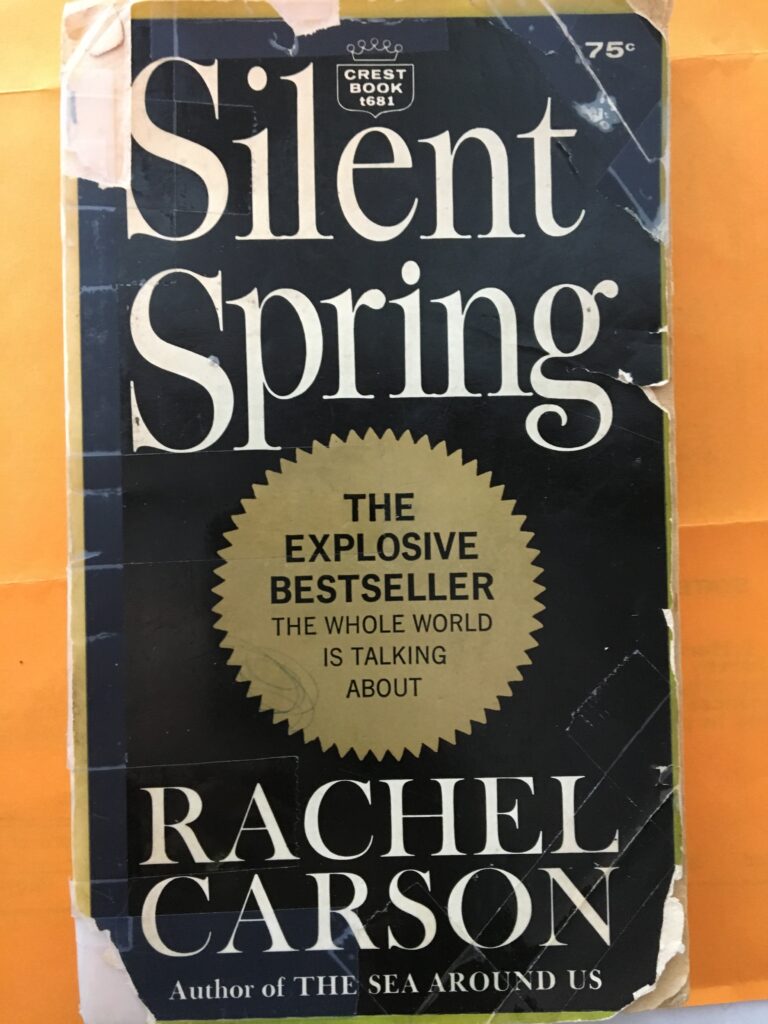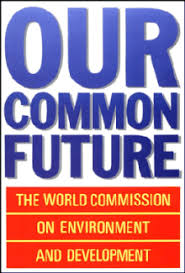Put down that cellphone—and pick up a book! October is National Book Month, a time to celebrate the joys of reading and the role that books and other published materials play in our lives. And books about the environment have been just as important as books in other fields. Here are a few that are highlighted on this website.

Perhaps the most influential, at least in recent times, has been Rachel Carson’s Silent Spring. Published on September 27, 1962, Silent Spring is credited with spawning the modern environmental movement and has been declared one of the most important books of all time. In her book, Carson exposed the dangers of widespread spraying of pesticides, linking their inappropriate use to human disease and deaths of wildlife (learn more about the book here).
When it comes to speaking for the environment, no one has done it better than the Lorax. Dr. Seuss’s classic, The Lorax, was published on August 12, 1971. Often thought of as an anti-logging book, Seuss always claimed he wasn’t against cutting trees (after all, he said, he made his living selling books made out of trees), but just against greed and overuse. And that’s the true nature of conservation—wise use based on sustainability (learn more about the book here).
Perhaps the most important environmental book of all time, however, might be Charles Darwin’s 1859 work, On the Origin of Species (published on November 24). Darwin’s lifelong study of variation in nature demonstrated that living things changed through time, adapting to their environments. The book was hugely controversial at the time, seen as an affront to biblical teachings about creation. The Origin of Species established the basis for the science of ecology and our understanding of the nature and importance of biodiversity (learn more about the book here).

Another crucial book of our time was the 1987 volume, Our Common Future. The book, published on March 20, was the report of what has become known as the Brundtland Commission, the first truly comprehensive study of what is needed to conserve the earth’s environment while supporting the quality of human life. The study and the book were led by Gro Harlem Brundtland, former Norwegian prime minister. The book contains the definition of sustainability now used throughout the world, that we should live to meet “the needs of the present without compromising the ability of future generations to meet their own needs” (learn more about the book here))
To see more of my favorite conservation books, please look at the entry for April 23, which is World Book Day (read about it here). And you might want to take a look at my recent book—Nature’s Allies, 8 Conservationists Who Changed Our World.
And a little caveat in closing. National Book Month was started by the National Book Foundation in 2003, but that group no longer recognizes the celebration. So, who cares, read a book, many books, anyhow!
